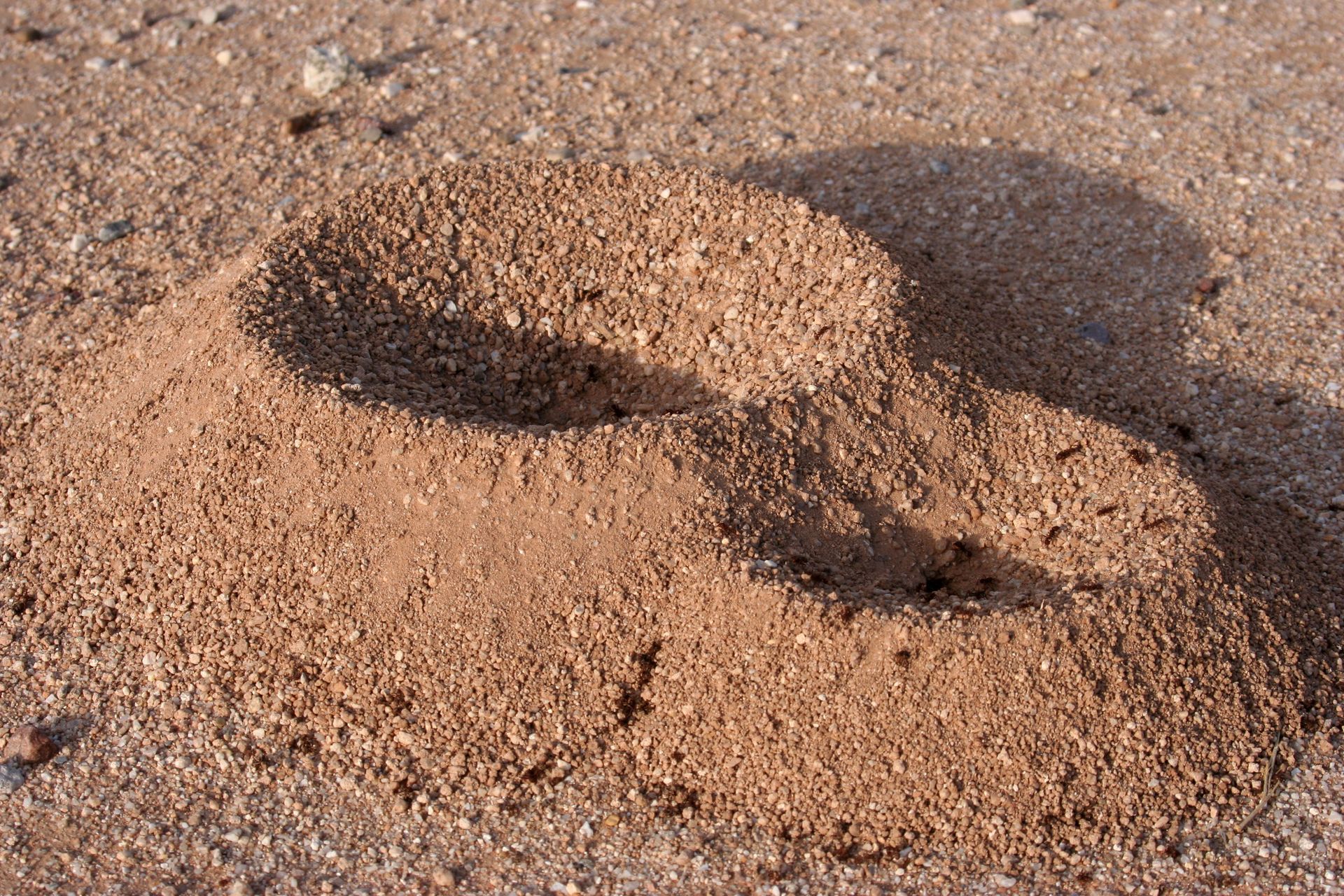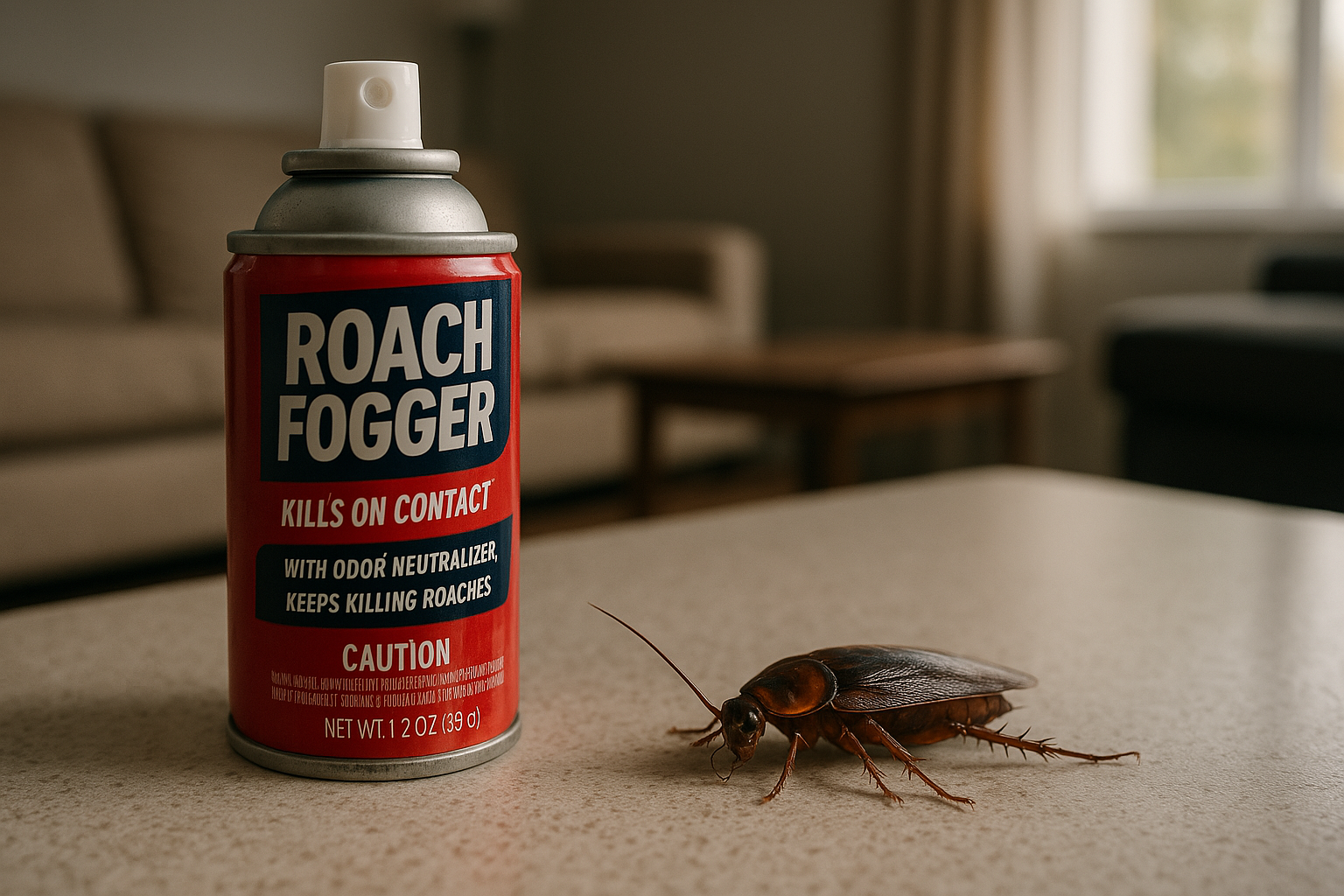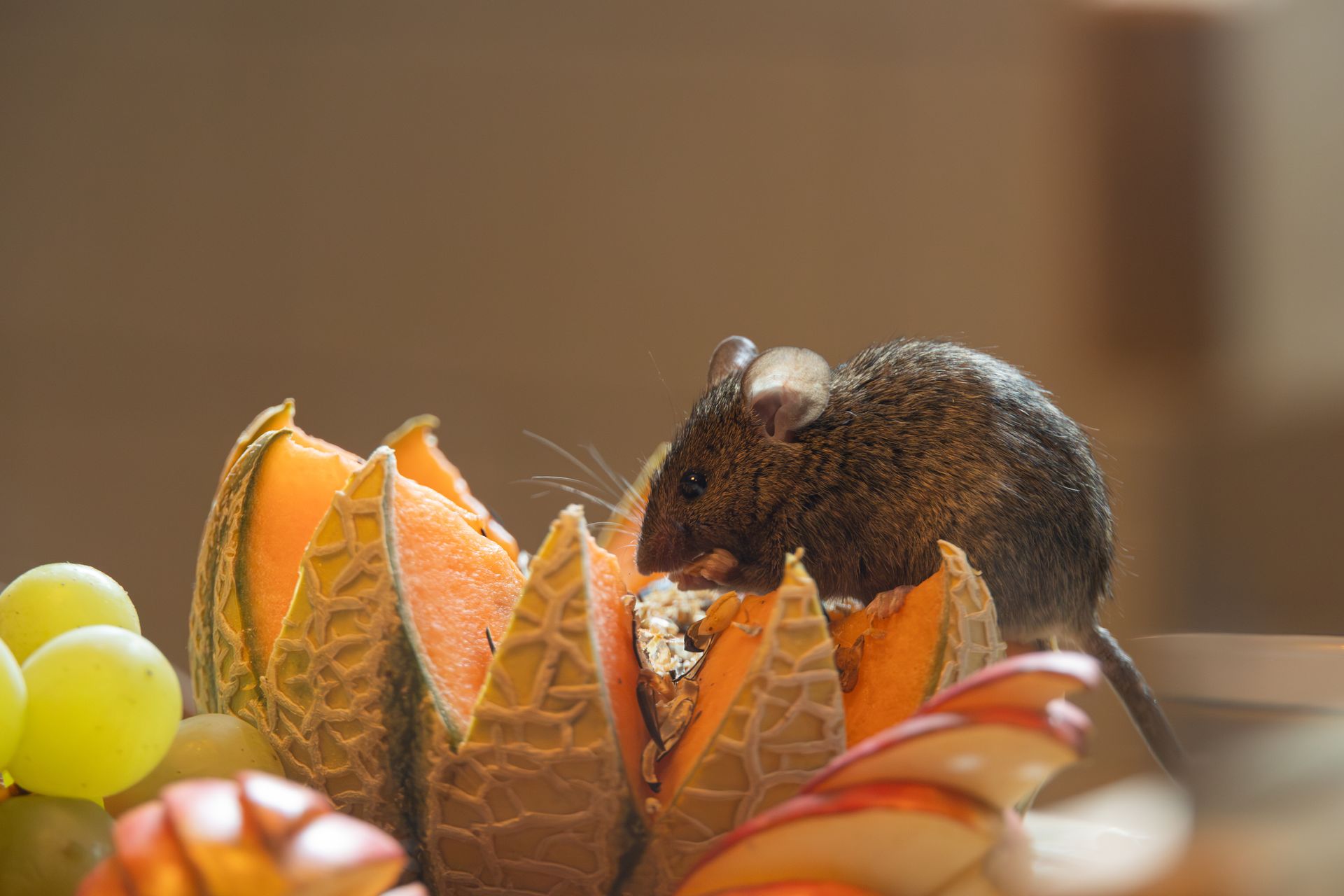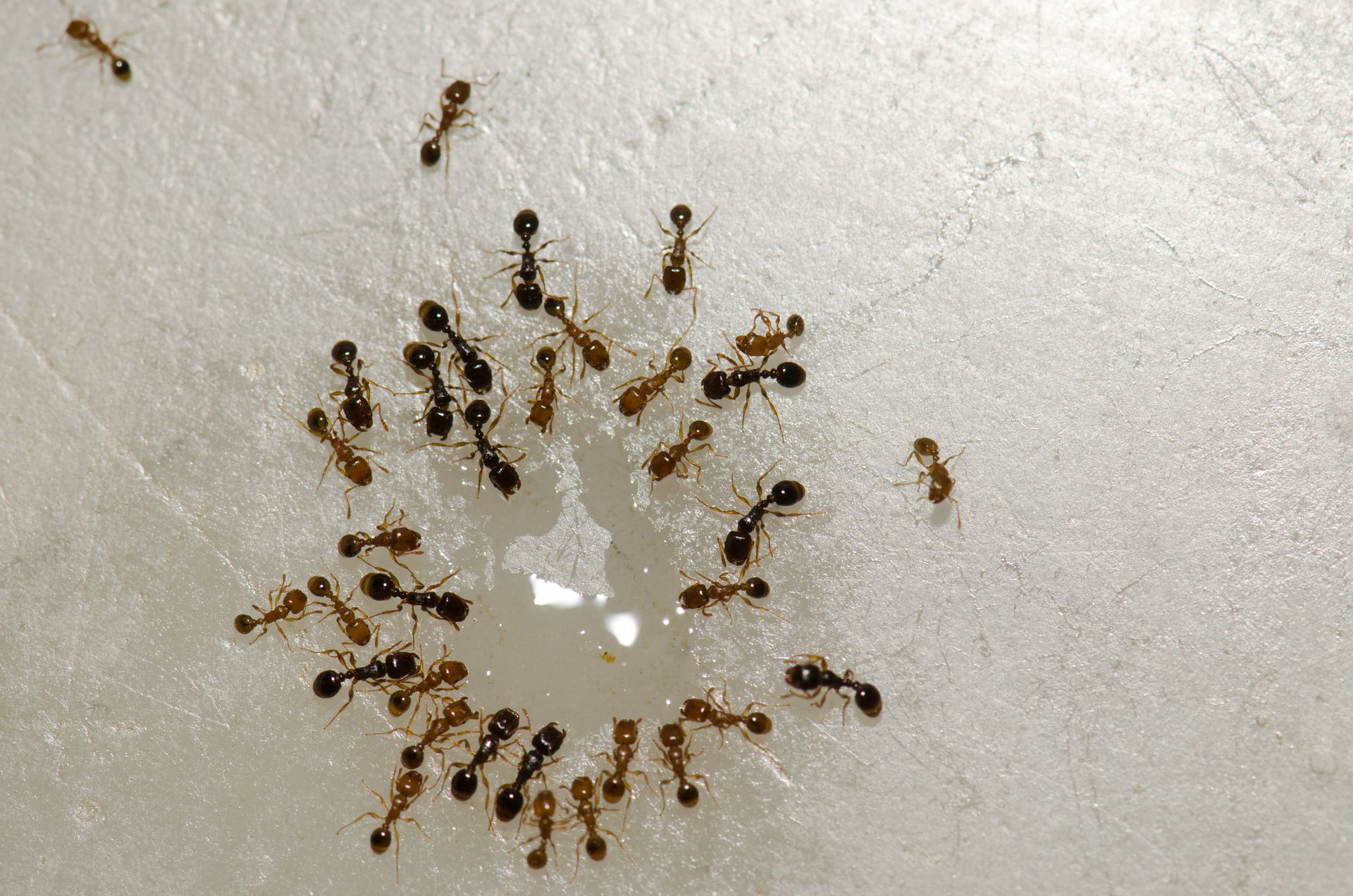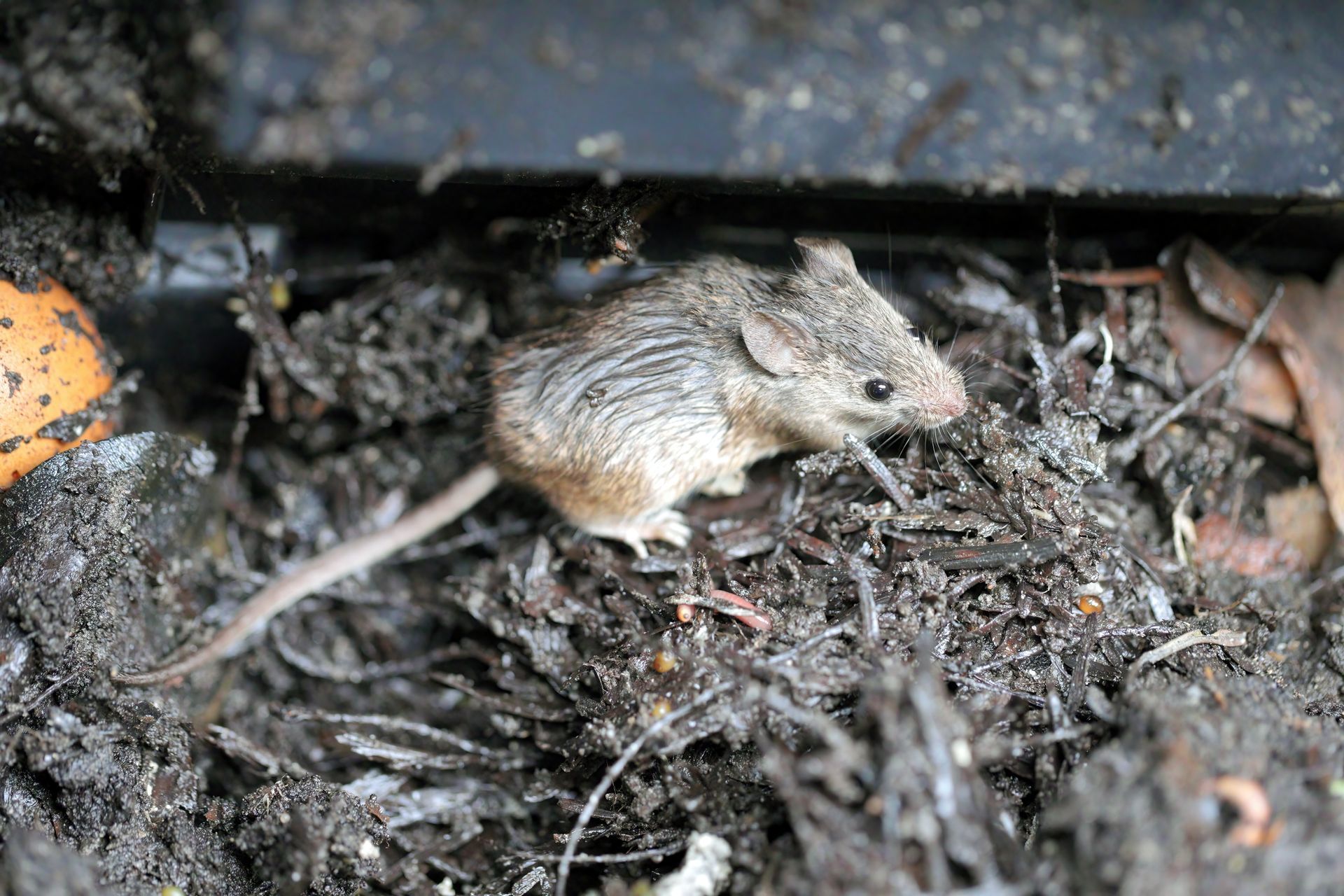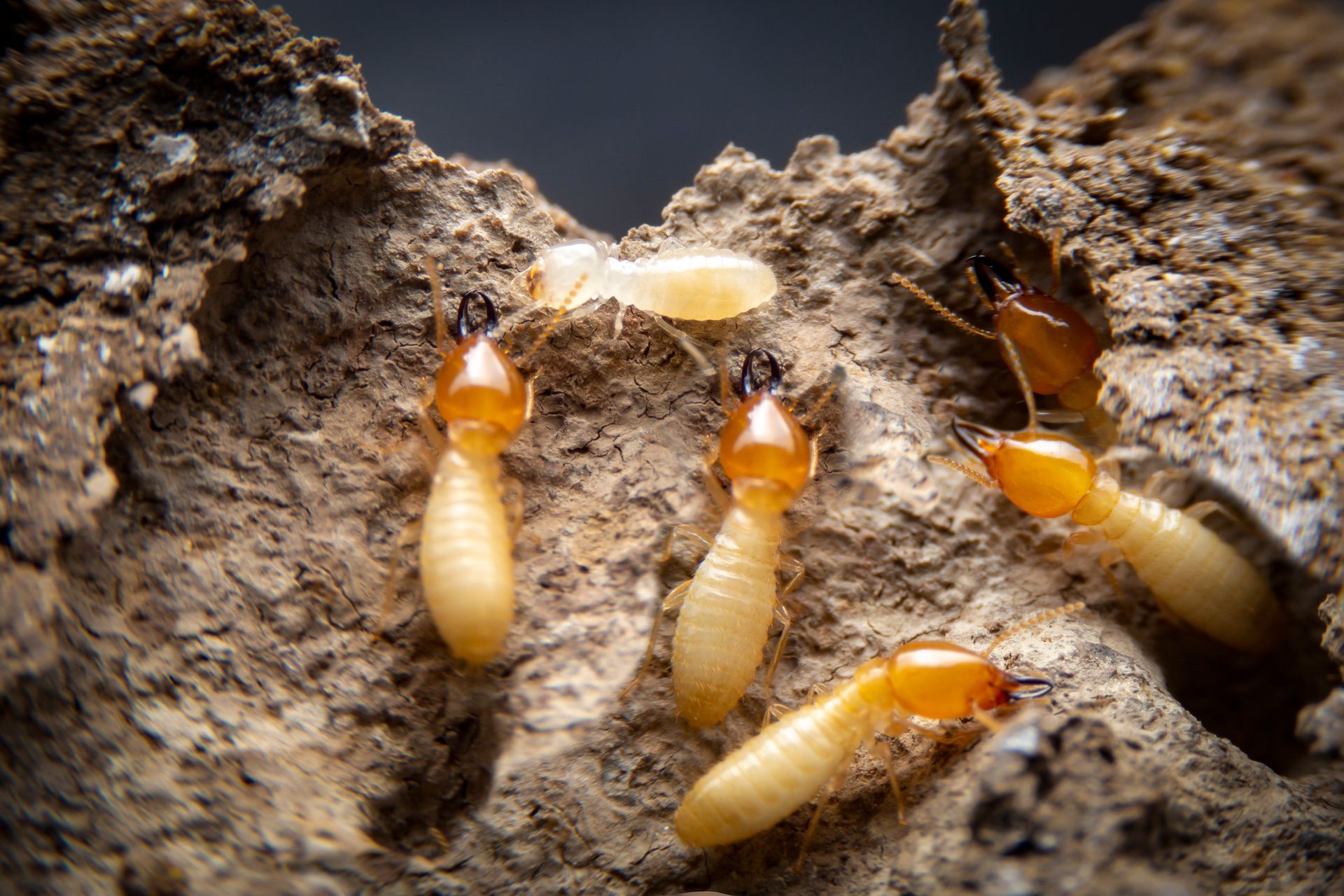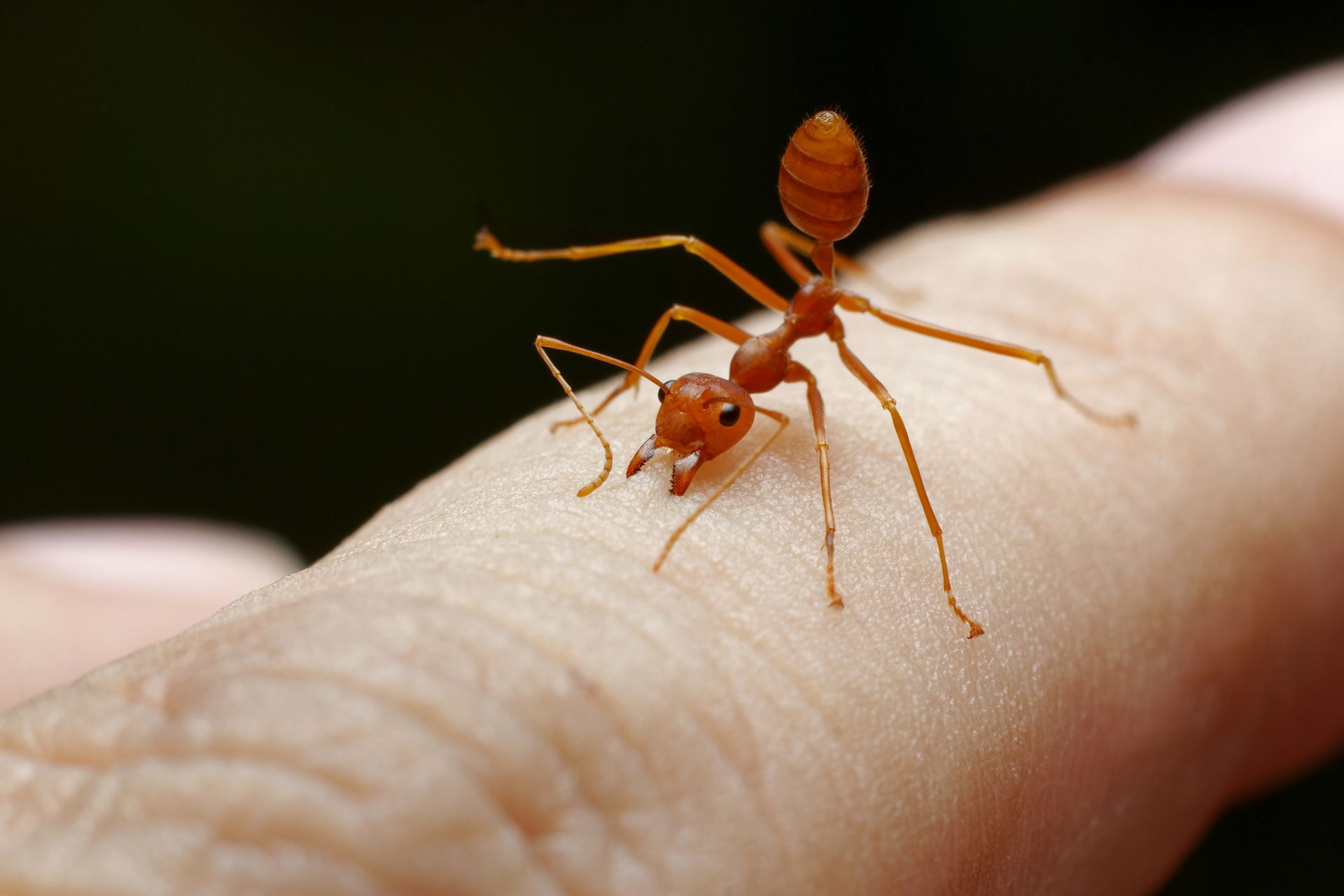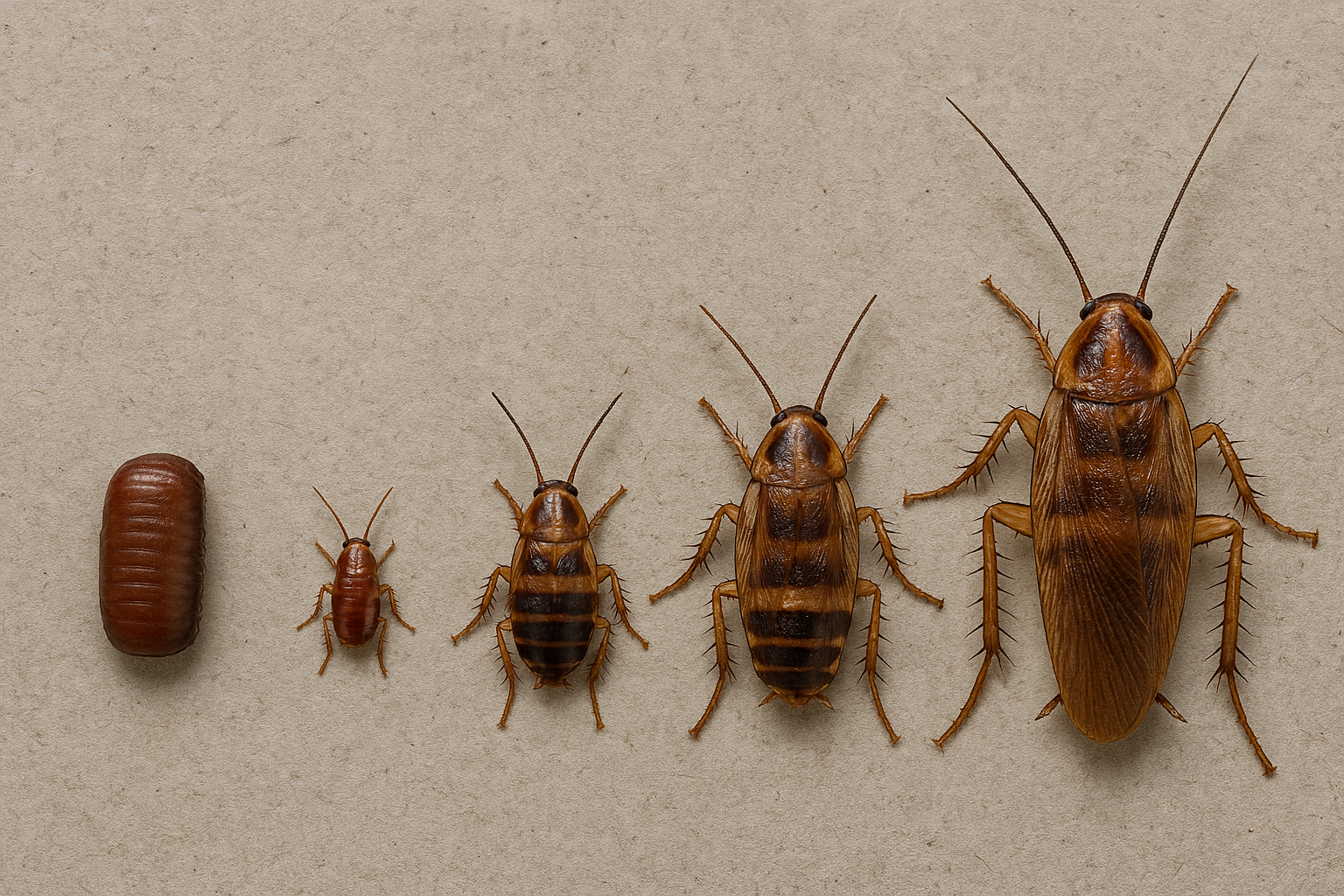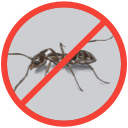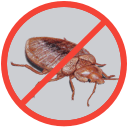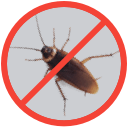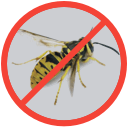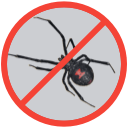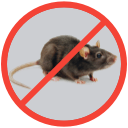How To Get Rid Of Boxelder Bugs
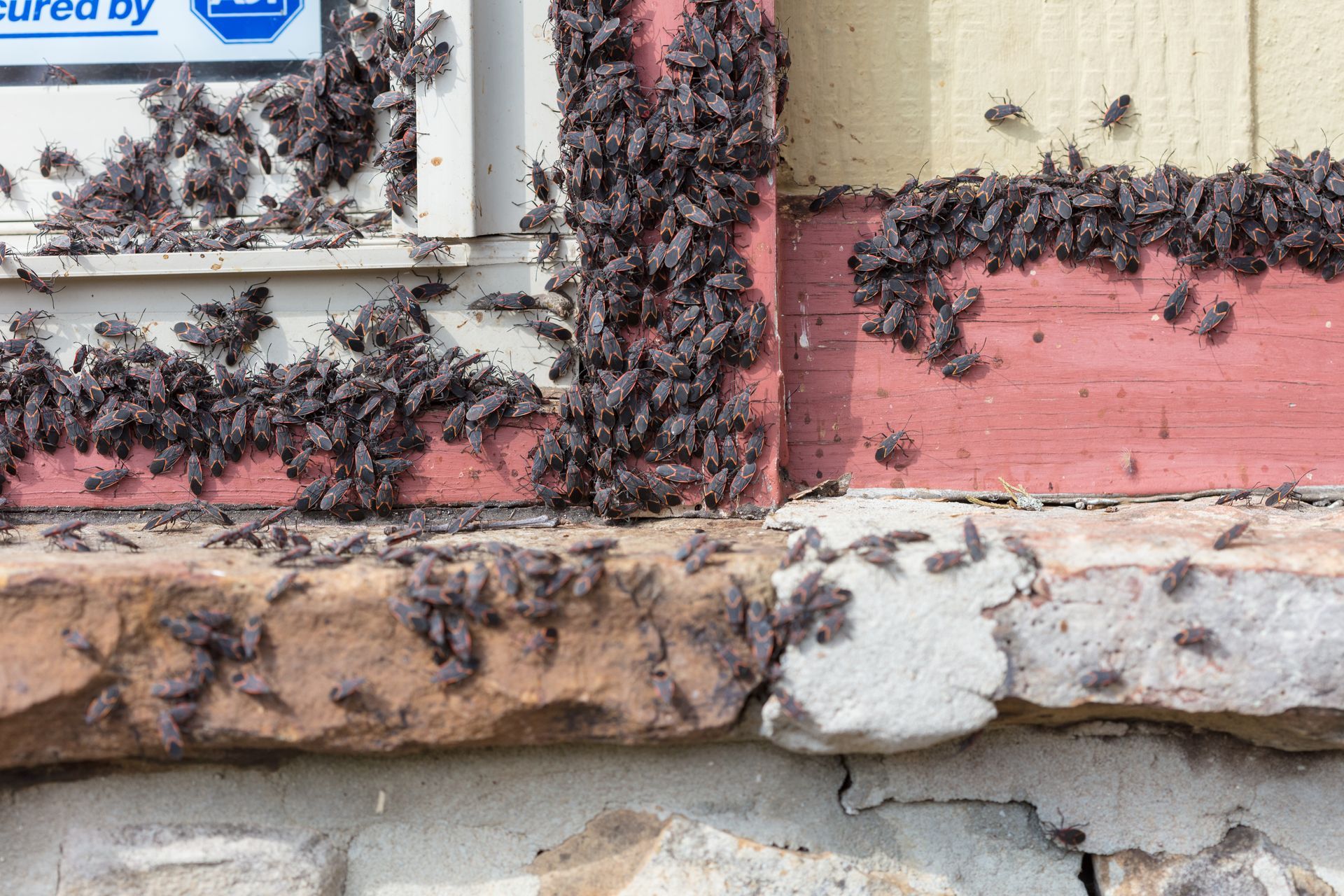
Boxelder bugs are considered a nuisance pest that can cause light damage to trees, gardens, orchards, and vineyards. It doesn’t help that they aggregate in large numbers which make their presence feel much more intimidating than they are. They are active during spring through fall but start preparing to hibernate during the winter. When this stage starts, the boxelder bugs will begin looking for somewhere warm and cozy to lay dormant for several months. Unfortunately, homes and other structures seem to be the perfect place for these bugs to hibernate.
What Are Boxelder Bugs?
Boxelder bugs are considered a neutral pest because the damage they cause typically isn’t bad enough to warrant too much concern, but also because they are not beneficial insects either. They are about a half inch long and are identified by their red and black beetle like bodies. Boxelder bugs get their name from the boxelder maple trees that they feed on and having boxelder trees near your home is one of the leading contributors to having boxelder bugs nearby. Without these trees, boxelder bugs won’t be able to breed and produce the next generation of boxelder bug eggs. When these trees are close by, it isn’t uncommon to deal with large infestations of these bugs once temperatures start to cool down if you live in states where these trees grow.
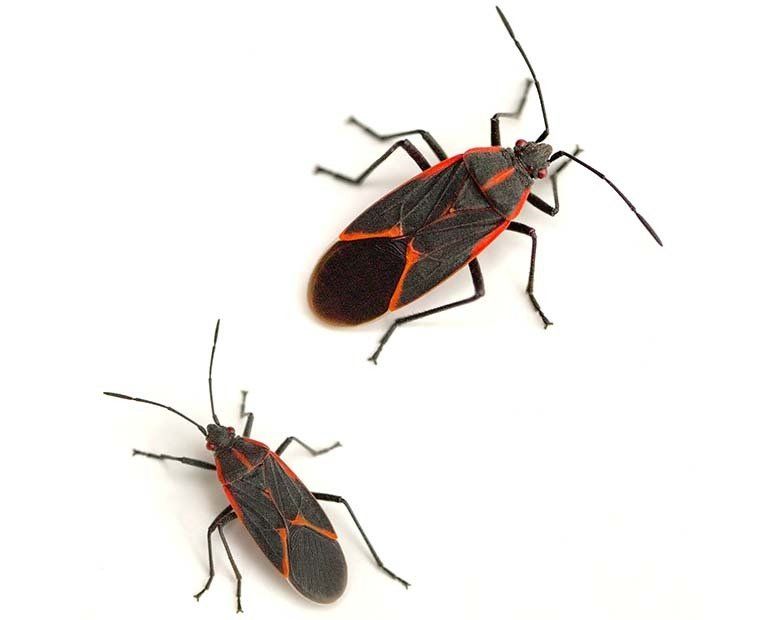
Effective Ways to Get Rid of Boxelder Bugs Inside Your Home
Boxelder bugs are relatively harmless, other than the smell they produce. Similar to stink bugs, boxelder bugs release a strong odor that they use to deter potential predators. When they aggregate in large numbers, this odor can be unpleasant. This is why getting rid of boxelder bugs is important if you are unlucky enough to deal with a full-blown boxelder infestation. That being said, getting rid of boxelder bugs that invade your home isn’t too complicated.
Vacuum
It may be tempting to squash boxelder bugs but like stink bugs, boxelder bugs release a chemical that smells awful when they are crushed. Instead of crushing these bugs, it is better to collect them using a vacuum cleaner. After they have been collected, they can be deposited in a container where they can be treated using an insecticidal soap. This will prevent the collected boxelder bugs from coming back and becoming a recurring problem. It is also important to clean down any area that was infested to prevent more boxelder bugs from collecting.
Spray with a Dish Soap & Water Mix
Boxelder bugs can be killed easily using a simple soap and water mix. Adding liquid dish soap and water mix to a spray bottle will create a solution that breaks down the bug’s exoskeleton when sprayed. When this happens, the bugs will eventually desiccate and die. This mixture can be sprayed directly on the boxelder bugs wherever they are found. Boxelder bugs can also be collected in a container where this same mixture can be used to drown the bugs. The additional benefit of using a soap mixture against an infested area, is that it prevents boxelder bugs from returning to any area treated with the dish soap mix.
Dust with Diatomaceous Earth or Borax
Diatomaceous earth is a fine powder that can be used to dust areas infested with boxelder bugs. While it may look like a fine powder to humans, diatomaceous earth is actually the fossilized remains of microalgae called diatoms. Under a microscope, diatoms are covered in spiny ridges which are the key to DE being an effective form of boxelder bug treatment. These ridges cut into the exoskeletons of boxelder bugs causing them to lose fluids before eventually drying out and dying. Borax and boric acid are another fine powder that can be used against boxelder bugs. It works like diatomaceous earth and causes boxelder bugs to dry out and die. The only difference is that boric acid can also be consumed which disrupts the boxelder bug’s digestive processes and damages their nervous system. Both dusts can be used to treat hard to reach places like inside wall voids.
Trap The Boxelder Bugs
Boxelder bugs can also be trapped using glue traps and sticky pads. This is a simple way of keeping boxelder bug populations under control but these traps need to be monitored regularly so they can be discarded after they have collected enough boxelder bugs. It is important to note that boxelder bugs attract others to wherever they congregate so a trap covered in boxelder bugs might actually attract new boxelder bugs if the traps aren’t replaced regularly.
Use Residual Pesticides
If a boxelder bug infestation is found inside, the entire are can be treated with a residual pesticide. These pesticides will kill the boxelder bugs on contact as well as leave pesticide residue that will infect and kill any new boxelder bugs that show up. It is important to note that boxelder bugs have been known to develop resistance to some residual pesticides so if this treatment option is not completely effective, it may need to be paired with other treatment options.
How to Get Rid of Boxelder Bugs Outside Your Home
The best way to get rid of boxelder bugs is to eliminate them while they are still found outside your home. This is their natural habitat for the warmer months so exterminating them outside will prevent them from moving indoors when temperatures drop.
Spray with Garden Hose
Boxelder bugs aggregate in large numbers so finding large populations isn’t uncommon. When large groups of boxelder bugs are found, a simple way of getting rid of them would be to spray them down with a hose. The experience of getting knocked down and dispersed may be enough to deter the boxelder bugs from returning. If the bugs do return to where they have been sprayed off, they may need another treatment solution.
Disperse with Hot Water
Similar to other bugs, boxelder bugs have a thermal threshold that if exceeded will cause them to die. This means that water heated to a certain temperature is an effective method of killing off boxelder bugs. The only issue with this treatment method is that water heated too high can be dangerous for skin contact or plant life.
Spray Down Infested Trees with Horticultural Oils
Certain horticultural oils like neem oil and cottonseed oils can be used to deter boxelder bugs. These oils need to be diluted with water and an emulsifier to be sprayed easily but this treatment option can be applied to just about any plant with little to no negative impacts. These oil mixtures should be applied liberally to anywhere that is conducive to a boxelder bug infestation before the infestation takes hold.
Use Pyrethrin Sprays
A great way to prevent boxelder bugs from gaining access to your home is to lay down an exterior residual pesticide application. This creates a barrier that boxelder bugs and other insects won’t be able to cross without infecting themselves and eventually dying. These residual pesticides are usually made with pyrethrin which is a broad-spectrum insecticide that should be applied to the foundation of a home including any cracks, crevices, and access points that boxelder bugs can use to gain entry into your home. This pesticide can also be used on infested areas outside of the home. If boxelder bugs are found infesting trees and plants, the spray can be directed at the bugs to ensure they are treated.
How to Prevent Boxelder Bugs
Getting rid of boxelder bugs isn’t an extremely difficult task, but preventing them altogether is a much easier option if you have boxelder trees close by.
Seal Access Points Like Cracks and Crevices
The most critical aspect of boxelder bug prevention is exclusion and preventing boxelder bugs from entering a space. This requires that access points be sealed up so boxelder bugs can no longer gain entry inside a space. In order to achieve this, the following steps should be taken:
- Seal cracks and crevices in the foundation
- Cap vents and close any openings
- Installing door sweeps
- Repair tears in windows and door screens
Natural Ways to Deter of Boxelder Bugs
In addition to the different treatment options that were already covered, there are natural methods that use plant deterrents to help reduce the likelihood of boxelder bug infestations. The most common natural boxelder bug deterrents include:
- Mums – These flowers produce a scent that is offensive to boxelder bugs. Planting these flowers around the foundation and any easy access points is a good way to prevent boxelder bugs.
- Citrus – Citrus plants and citrus oils produce a scent that deters several bugs including boxelder bugs. Planting citrus trees, placing citrus fruits around a home, and using citrus oils around the home are another good way to deter boxelder bugs.
- Herbs – Common herbs like sage, cloves, and lavender are all common bug deterrents that can be used to reduce the likelihood of a boxelder bug infestation. Plant these herbs around the foundation of a home or start a little herb garden to gain the benefits of these natural insect repellents.
Get Rid of Female Boxelder Trees
This may not be the easiest solution, but boxelder bugs can’t survive for long without a source of boxelder trees close by. While adult boxelder bugs can feed on other sources, boxelder nymphs need to feed on boxelder seed pods. Without a seed-bearing box elder tree close by, future generations of boxelder bugs won’t be able to propagate. If there is a boxelder tree on a property but cutting the tree down isn’t an option, keeping the tree trimmed and the seed pods raked up can still significantly reduce the likelihood of a boxelder bug infestation.
Contact EcoGuard if You Are Dealing with a Boxelder Bug Infestation
If you are dealing with boxelder bugs, it is important not to panic. These bugs are mostly harmless, but their presence can still be problematic due to the smell they introduce in large numbers. When you are facing a large infestation of boxelder bugs, it may be time to enlist the help of qualified and experienced professionals. EcoGuard Pest Management has a team of qualified boxelder bug exterminators who have years of experience treating these bugs. We will inspect your property, identify problematic areas, and effectively treat for any boxelder bugs. Call today to schedule an inspection.


